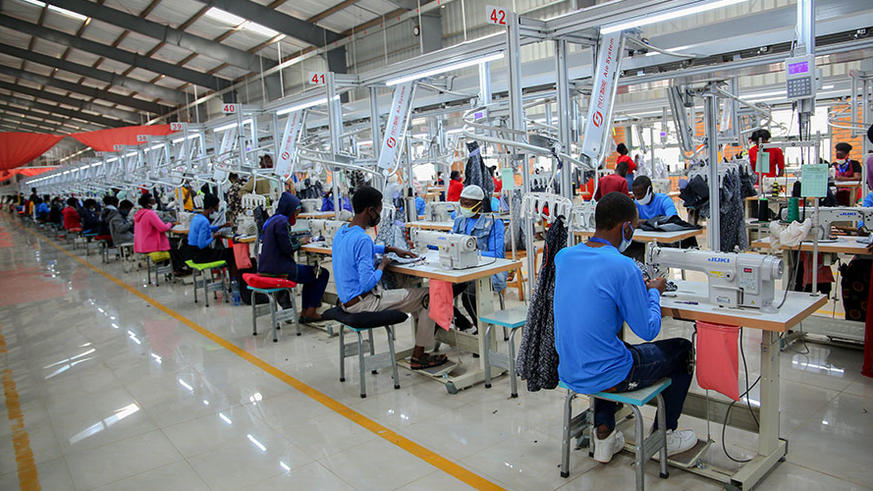

This week, local banks are publishing their financial statements for 2020 in The New Times. A common highlight of the financial statements being published is that they are adequately capitalized to support demand for capital in the local market.
Being adequately capitalized will come in handy to support the ‘Manufacture and Build to Recover Programme’, which the government says is aimed at fostering economic recovery following a recession resulting from the Covid-19 and measures to curb it.
The programme is extending tax breaks to investors who meet a set threshold by giving them Value Added Tax and Import Duty exemptions.
In the implementation of the programme, it is expected that the country could get onto the recovery path as the establishment and expansion of industries will create jobs and increase productivity.
This should consequently increase economic opportunities in the various value chains as players will have increased demand for their inputs, have more job opportunities and increased local consumption.
However, for the Manufacture and Build to Recover Programme and similar incentives to have a meaningful impact in the local economy, Rwandans of all walks of lives ought to consider consuming locally produced goods.
Consuming locally produced goods, will increase demand and consequently factors of production such as raw materials and labour. This will translate to more jobs as well as increased activity on local supply chains.
This will drive to facilitate recovery as it will distribute income and earnings and reduce demand for the dollar (to pay for imports) consequently reducing the depreciation of the Franc.
As the ‘Manufacture and Build to Recover Programme’ goes into implementation, citizens and residents have a role to play to support the actualization of the recovery goals by ensuring that when possible, they can consume local goods.


